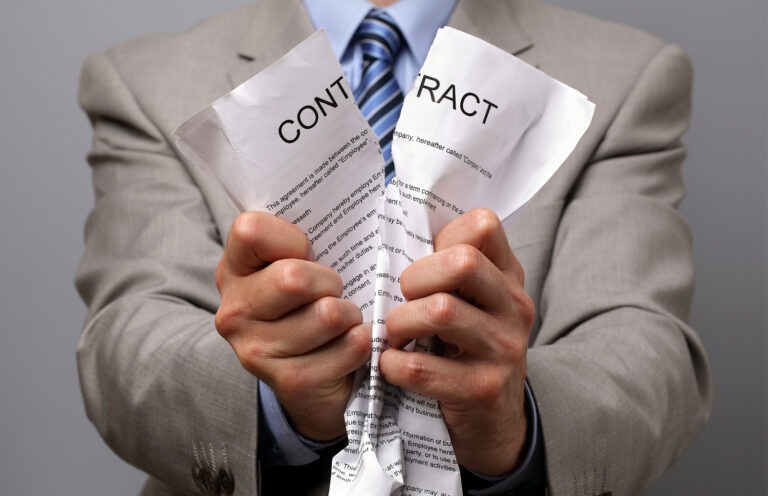Wear and Tear Exclusions In a Property Insurance Claim
Homeowners insurance coverage can help protect your property and assets against accidental damages and acts of nature. The policy will cover losses from damages to your home due to incidents or perils such as fires, water, and break-ins. However, wear and tear often occurs naturally to a property, and such damages are not covered by the homeowners insurance policy. Hence, the insurance provider may not be responsible for damages to your home due to wear and tear.
At Hoch Law Firm, PC, I give strong legal assistance to clients in their commercial property insurance claims. As your legal team, I can tell you about the exclusions that apply to your homeowners insurance policy and help file your property insurance claim. My firm proudly serves clients across Dallas, Texas, and surrounding communities throughout the Dallas Fort Worth Area.
The Process for Filing Property Insurance Claims in Texas
In Texas, policyholders who have suffered damage to their property due to a covered peril may be eligible to pursue compensation by filing a property insurance claim. Here are the steps involved in filing a commercial property insurance claim: Understand the terms of your homeowners insurance policy. Identify the statute of limitations in your policy. Gather necessary evidence and take multiple pictures of the property damages. Document the damages to your property. File a police report if necessary. Notify your insurance provider about the property damages. Protect your damaged property from additional damages Get estimates to repair the damage, prevent further deterioration, or replace the assets. Hire an experienced attorney to help file your insurance claim and negotiate a fair settlement. However, it is important that you act quickly and take the necessary steps after the damage has occurred. A skilled Texas property insurance attorney can identify the wear and tear exclusions, walk you through the claims process, and help recover your deserved damages.
Understanding Wear and Tear Exclusions
A wear and tear exclusion can be described as a provision in a homeowners insurance policy that states that normal deterioration – or expected “wear and tear” – of the insured property will not be covered under the policy. Most insurance providers often include the wear and tear exclusion to protect the insurer from liability when the homeowner or policyholder fails to carry out adequate maintenance, repairs, or replace deteriorated parts of the property.
How a Dispute Can Lead To a Bad Faith Lawsuit
When you file a commercial property insurance claim, the insurance carrier may claim that the property damage occurred due to wear and tear to avoid a contractual payment. Even if the property damage occurred from a natural disaster such as a tornado, hailstorm, or flood, the insurer would attribute it to your property’s pre-existing condition to avoid paying damages.
When the insurance carrier denies your valid property insurance claim wrongfully – while citing that it was caused by wear and tear – it may result in a property insurance claim dispute or bad faith lawsuit. A reliable attorney can help protect your rights, combat the insurer’s bad faith tactics, and help you pursue your deserved compensation.
Other Common Exclusions
Some other common exclusions that are not covered by the homeowners insurance policy include: FloodingFaulty installation Earth or ground movements Manufacturing defects Pest infestationsNuclear hazards WarDamages due to neglect, intentional loss, or negligence MoldIntentional damage Intentional damage Bedbugs, mice, termites, and other vermin Power surges caused by your utility company Dangerous or aggressive dogs Government actionLocal building ordinance or lawA seasoned Texas property insurance lawyer can review the terms of your policy, inform you about the covered damages and exclusions, and determine whether you need additional coverage.
Additional Coverage You May Need
Here is some additional insurance coverage that you may need to protect your commercial property and assets: Mold damage riderFlood insurance Business interruption coverage Commercial Property Policy (CPP)Water backup coverageEarthquake coverageEssentially, having the additional coverage can help protect your property from earthquakes, water damage, and other kinds of losses that are not normally covered under the homeowners insurance policy.
Protect Your Property With Trusted Legal Counsel
Filing a commercial property insurance claim often involve a lot of complex procedure. However, in the event that the insurer wrongfully denies your claim by stating wear and tear, you may be entitled to pursue damages by filing an insurance bad faith lawsuit. An experienced property insurance attorney can help you decide the best course of action.
With more than 28 years of extensive experience, I have the knowledge and resources to support and represent clients in their property insurance claims. Having me on your side can make a big difference in your property insurance claim or bad faith lawsuit.
Contact me at Hoch Law Firm, PC, today to speak with a dedicated property insurance lawyer. My firm proudly serves clients across Dallas, Texas, and surrounding communities throughout the Dallas Fort Worth Area.
5616 Malvey Ave
Fort Worth, TX 76107





